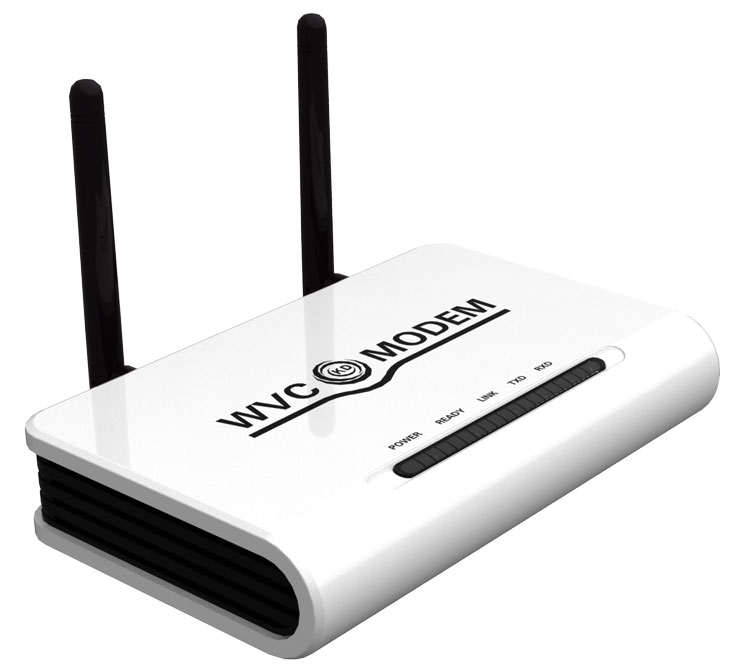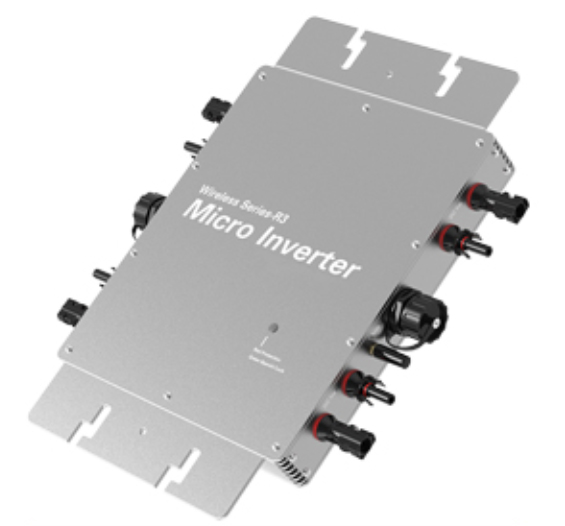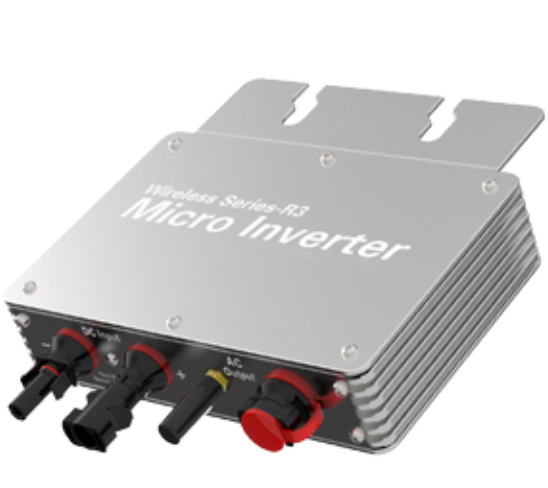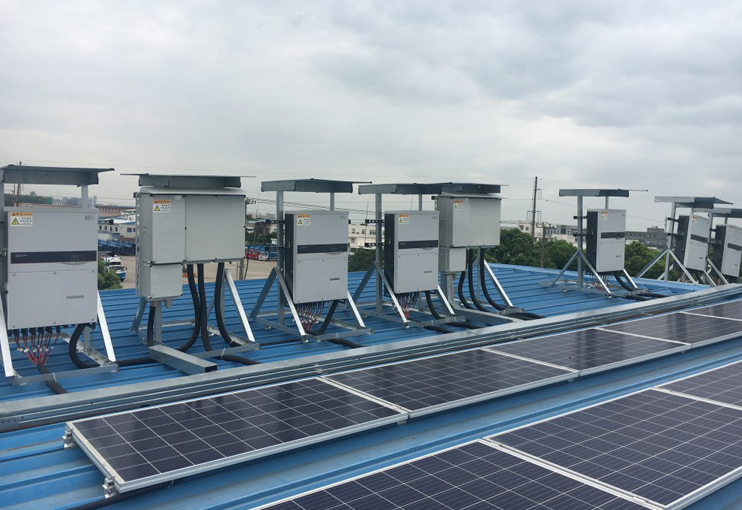A data collector is a tool or device used to collect data from various information sources and store it in one or more central locations. It can help users collect a large amount of data from different data sources, and then integrate this data into a unified database to facilitate subsequent analysis and processing.
The functions of a data collector include but are not limited to:
1. Data collection: The data collector can automatically capture information on the Internet, such as network news, social media data, web content, etc. It can regularly capture data to ensure timely updates.
2. Data integration: Data collectors can integrate data from different data sources into a database, making it easier to manage and analyze. This can avoid data being scattered in different places, improving the integrity and accuracy of the data.
3. Data cleaning: The data collector can help users clean data, remove duplicates, format data, handle missing values, etc., to ensure the quality of the data.
4. Data storage: The data collector can store the collected data in one or more central locations, such as databases or data warehouses. This can ensure the security and reliability of the data.
5. Data analysis: The data collector can analyze the collected data and generate visual data analysis results such as reports and charts, helping users better understand the data and make decisions.
6. Real time monitoring: The data collector can monitor the data source in real time, detect data changes in a timely manner, and collect updated data to ensure that users always have the latest data.
In addition to the above functions, the data collector can also customize specific data collection rules according to user needs to meet the data needs of different industries. For example, in the financial industry, data collectors can help users collect market data from various financial websites; In the e-commerce industry, data collectors can help users capture price information of competitors, etc.
Overall, data collectors play an important role in modern data analysis and decision-making, helping users extract effective information from massive amounts of data and providing strong data support and decision-making basis.




